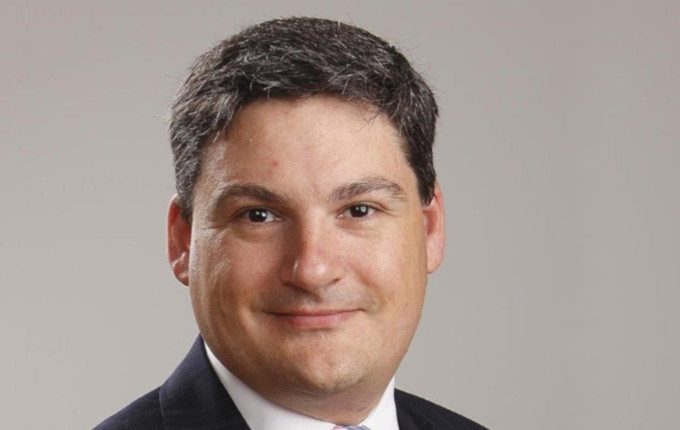The Future Fund is concerned about the medium to long-term outlook for investments as the coronavirus pandemic has accelerated and exacerbated existing vulnerabilities and trends within the global political landscape and financial markets.
Register to Access this Exclusive [i3] Insights Article
Create a free account to access exclusive interviews with asset owners, revealing insights on investment strategies, market trends, and portfolio allocations.
If you already have an account you can Login .
If you have any issues registering an account please send us an email at [email protected].


